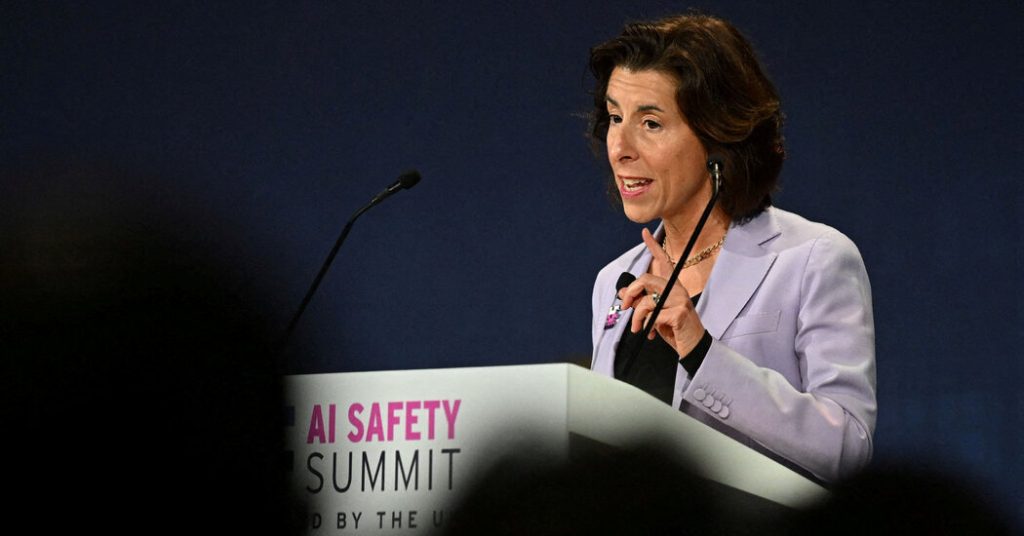Microsoft’s recent investment of $1.5 billion in G42, an Emirati artificial intelligence company, is more than just a business deal. It reflects a collaboration between the Biden administration and Microsoft to counter Chinese influence and secure American interests in the Gulf region. By partnering with G42, Microsoft aims to limit Chinese tech influence in the Gulf by eliminating Chinese equipment from G42’s systems, thus preventing potential access to advanced technology and data by Chinese intelligence agencies. This deal is part of a broader effort by Washington to prevent Middle Eastern countries from playing the U.S. and China off each other.
G42, led by influential figures such as Sheikh Tahnoon bin Zayed, has had deep relationships with Chinese companies like Huawei, raising concerns among U.S. officials about Beijing’s access to sensitive technology and data. In response to pressure from Washington, G42 has taken steps to distance itself from Chinese companies, including divesting its stake in ByteDance. The collaboration between Microsoft and G42 is a strategic move to align the A.I. company with American interests and ensure that critical technology is safeguarded by a trusted U.S. company. This partnership also benefits Microsoft by providing it with a stake in a promising A.I. company and expanding its reach in the Middle Eastern market.
The investment by Microsoft in G42 is not just a business transaction but a geopolitical move aimed at countering Chinese influence and securing American interests in the A.I. sector. By leveraging its position as a leading tech company, Microsoft is playing a key role in shaping the tech landscape in the Gulf region and beyond. The collaboration between business and Washington in this deal underscores the importance of aligning economic interests with national security objectives in an increasingly competitive global environment.
The Biden administration is also facing potential antitrust challenges in the tech sector, with Live Nation, the parent company of Ticketmaster, under renewed scrutiny. The Justice Department is reportedly preparing to take legal action against Live Nation over concerns about its monopoly power and anticompetitive practices in the live music industry. This case highlights the ongoing challenges faced by tech companies with market dominance and the need for effective antitrust enforcement to ensure fair competition.
In the political landscape, big-name donors are pouring millions of dollars into key races as the race for the White House tightens and control of Congress remains up for grabs. Republican campaigns and causes have seen significant donations from wealthy backers, signaling strong support for the party ahead of the upcoming elections. Major donors like Ken Griffin, Timothy Mellon, and Jeff Yass are among those contributing substantial sums to support Republican candidates and causes, further highlighting the influence of money in politics.
Overall, the intersection of business, technology, and geopolitics is shaping the global landscape, with companies like Microsoft playing a pivotal role in advancing American interests and countering challenges from competitors like China. As tech companies navigate complex geopolitical dynamics and regulatory challenges, strategic partnerships and investments like the one between Microsoft and G42 are crucial for safeguarding national security interests and maintaining a competitive edge in the global tech race. This evolving landscape underscores the importance of balancing economic interests with strategic objectives to ensure stability and security in an increasingly interconnected world.


